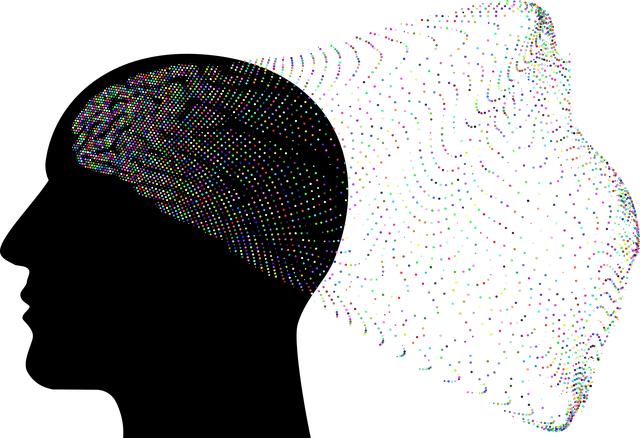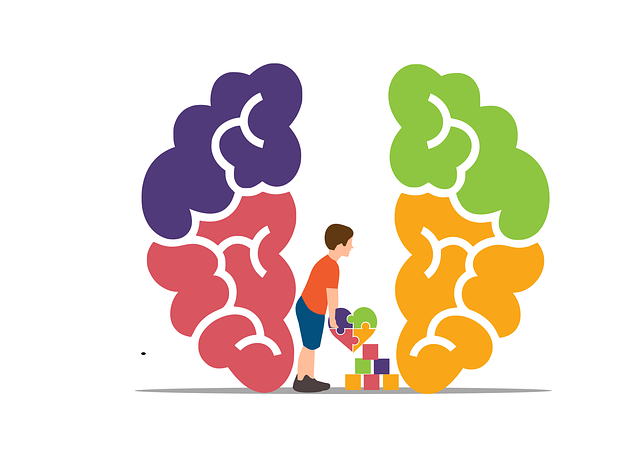Mental health advocacy is a powerful force for changing public perceptions of mental illness, reducing stigma, and promoting early intervention. Strategies include self-care routines like mindfulness meditation and tailored support for specific conditions, such as Parker ADD-ADHD Therapy. This innovative program uses personalized therapy sessions with advanced techniques to enhance self-awareness and develop effective coping strategies for mental wellness. Through community engagement, advocacy groups dispel myths, provide practical support, and encourage early identification of mental health issues, ultimately fostering a more inclusive society that prioritizes both physical and emotional well-being.
Mental health advocacy initiatives play a pivotal role in fostering understanding and support within communities. This article explores the power of such efforts, focusing on raising awareness and challenging stigma. We delve into the case study of Parker ADD-ADHD Therapy, an innovative program making a significant impact. By examining successful strategies, we uncover how advocates can drive meaningful change. Join us as we navigate the essential components of effective mental health advocacy, highlighting community engagement as a key driver in creating a more inclusive and supportive society.
- Understanding Mental Health Advocacy: The Role in Raising Awareness
- Parker ADD-ADHD Therapy: A Case Study in Innovative Support
- Strategies for Effective Mental Health Advocacy Initiatives
- Overcoming Stigma: The Impact of Community Engagement
Understanding Mental Health Advocacy: The Role in Raising Awareness

Mental health advocacy plays a pivotal role in shaping public understanding and reducing the stigma associated with mental illness. It involves passionate individuals and organizations working to raise awareness, educate communities, and ensure equal access to support services. By advocating for mental health, we create a space where conversations around anxiety relief, depression, and other conditions can flourish openly. This initiative is crucial in encouraging early intervention and prompt treatment-seeking behaviors.
One effective strategy within advocacy is promoting self-care routine development for better mental health. Techniques like mindfulness meditation have been shown to significantly enhance resilience and coping mechanisms. By integrating these practices into daily life, individuals equipped with such tools can better navigate challenges, fostering a sense of empowerment. Initiatives like Parker ADD-ADHD Therapy also highlight the importance of tailored support, ensuring that specific conditions receive the attention they deserve in the mental health advocacy landscape.
Parker ADD-ADHD Therapy: A Case Study in Innovative Support

Parker ADD-ADHD Therapy stands out as a beacon of hope and innovative support for individuals navigating Attention Deficit Disorder (ADD) or Attention Deficit Hyperactivity Disorder (ADHD). This approach goes beyond traditional treatments by integrating cutting-edge techniques tailored to each client’s unique needs. Through personalized therapy sessions, individuals gain valuable tools to manage symptoms, boost focus, and enhance overall mental wellness.
The program prioritizes burnout prevention strategies, incorporating Mental Wellness Journaling Exercises to foster self-awareness and emotional intelligence. By encouraging regular reflection, clients develop coping mechanisms that support their emotional well-being. This holistic approach not only addresses the challenges posed by ADD/ADHD but also equips individuals with lasting skills for navigating life’s demands, ultimately contributing to a more fulfilling and balanced mental state.
Strategies for Effective Mental Health Advocacy Initiatives

Mental health advocacy initiatives are powerful tools for creating systemic change and raising awareness about various mental health issues. To be effective, these initiatives should incorporate a multi-faceted approach, leveraging diverse strategies to reach and support diverse communities. One key strategy is Parker ADD-ADHD Therapy, which focuses on personalized interventions tailored to individual needs. By providing access to specialized treatments like cognitive behavioral therapy and medication management, advocacy groups can significantly enhance the lives of those struggling with attention-deficit/hyperactivity disorder (ADHD).
Additionally, integrating Stress Reduction Methods and Self-Awareness Exercises into these initiatives ensures a holistic approach to mental well-being. Incorporating mindfulness practices, yoga, and other relaxation techniques helps individuals manage stress levels and promote inner peace. Encouraging self-reflection through journaling or therapy sessions fosters Trauma Support Services, allowing individuals to process past traumas and build resilience. Through such comprehensive strategies, mental health advocacy initiatives can empower individuals, break down stigma, and foster a more supportive societal environment for mental health concerns.
Overcoming Stigma: The Impact of Community Engagement

Overcoming stigma is a pivotal aspect of mental health advocacy, and community engagement plays a crucial role in this process. Stigma often arises from misconceptions and a lack of understanding about mental health conditions like ADD-ADHD. By fostering open dialogue within communities, individuals with ADD-ADHD can find support and encouragement, leading to improved emotional well-being. Parker ADD-ADHD Therapy, for instance, has been instrumental in promoting coping skills development through community outreach programs that dispel myths and offer practical strategies for managing symptoms.
Community engagement also facilitates the early identification of mental health issues and encourages individuals to seek help without fear of judgment. Emotional well-being promotion techniques can be effectively shared and implemented at the grassroots level, empowering community members to support one another. This collective approach not only strengthens individual resilience but also contributes to a more supportive and inclusive society where mental health is prioritized alongside physical health.
Mental health advocacy initiatives, such as Parker ADD-ADHD Therapy, play a pivotal role in raising awareness and providing innovative support. By implementing effective strategies and overcoming stigma through community engagement, we can create a more inclusive and understanding society. These efforts are crucial in ensuring that individuals facing mental health challenges receive the necessary help and support they deserve.











